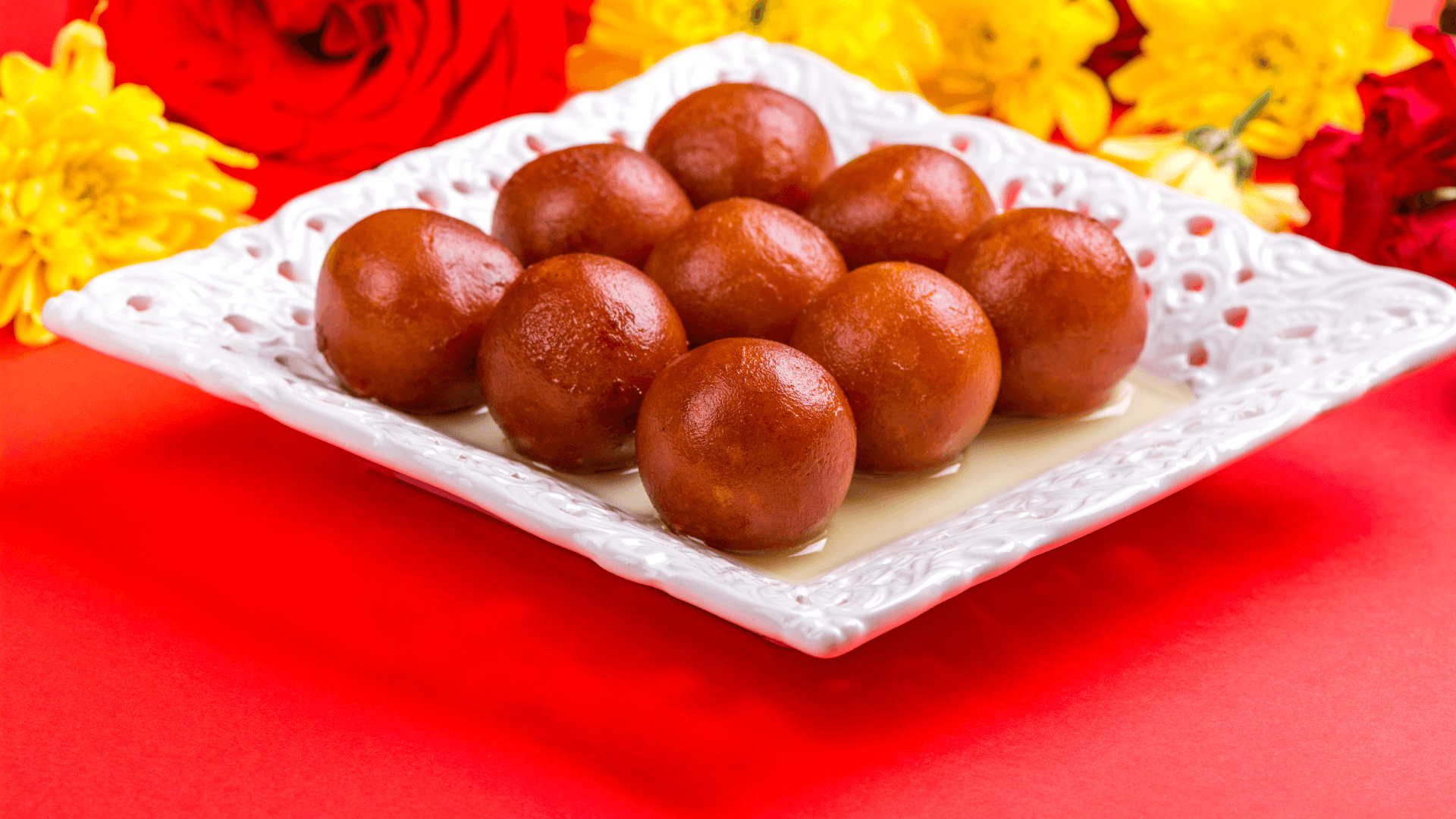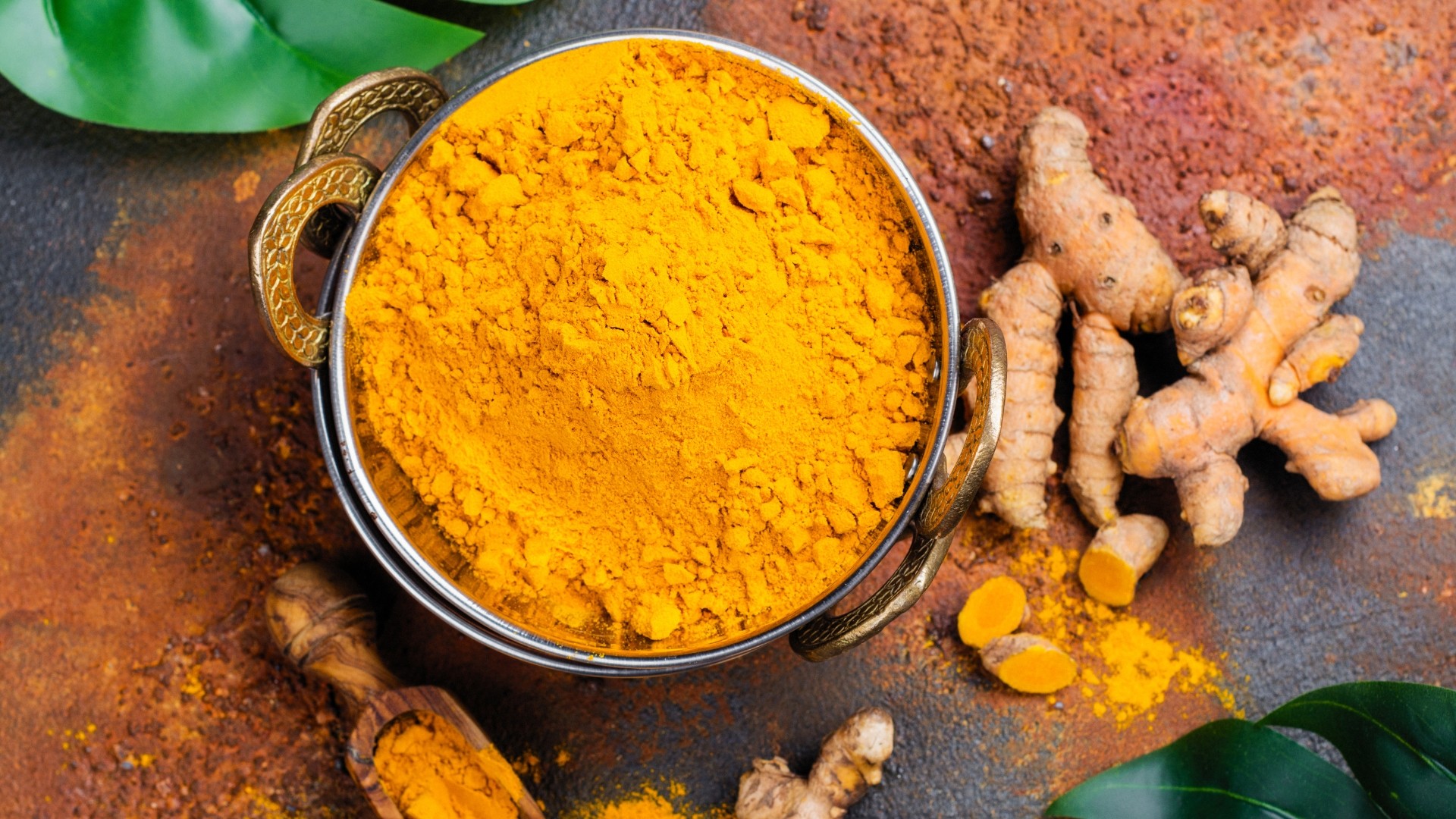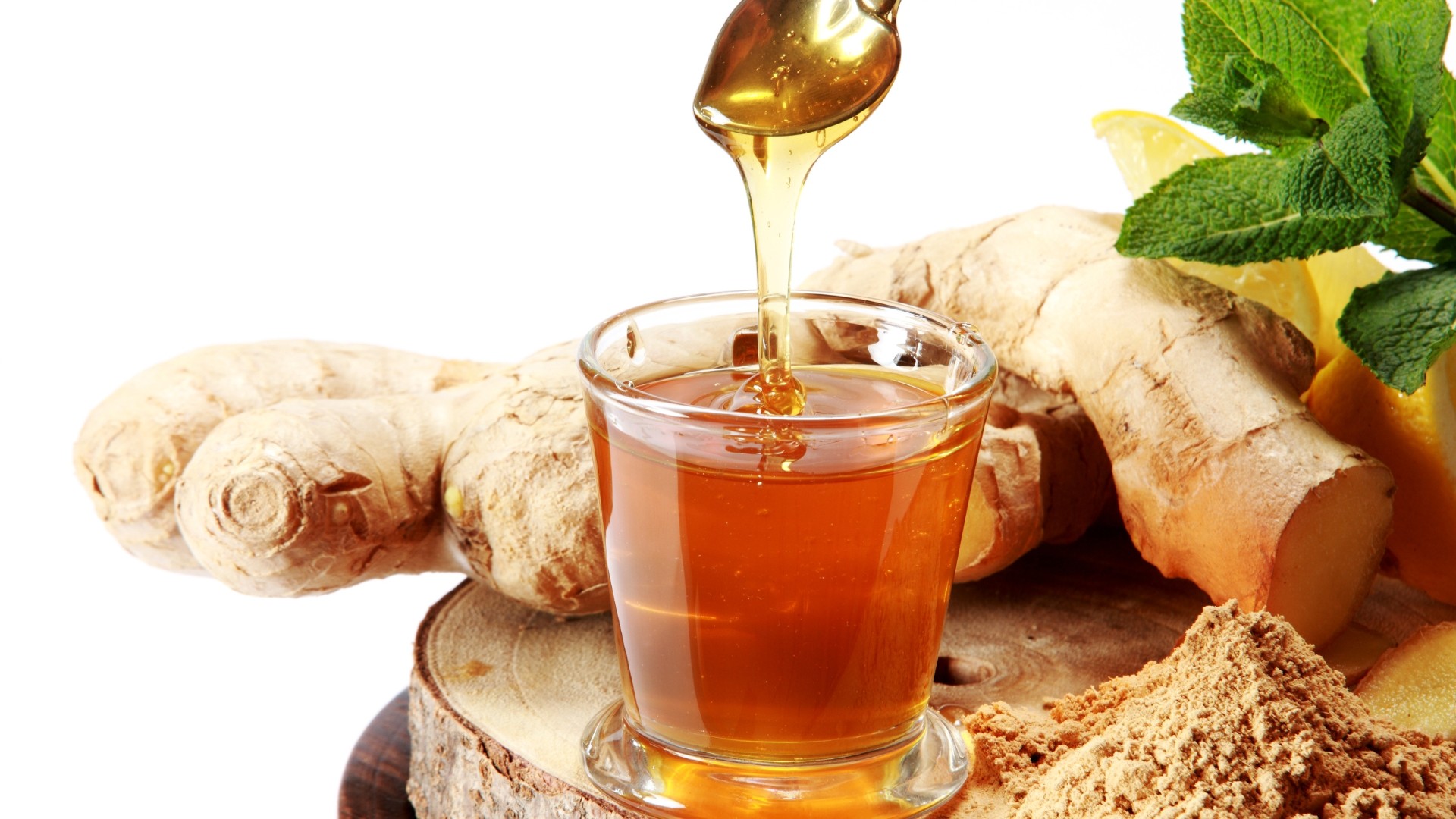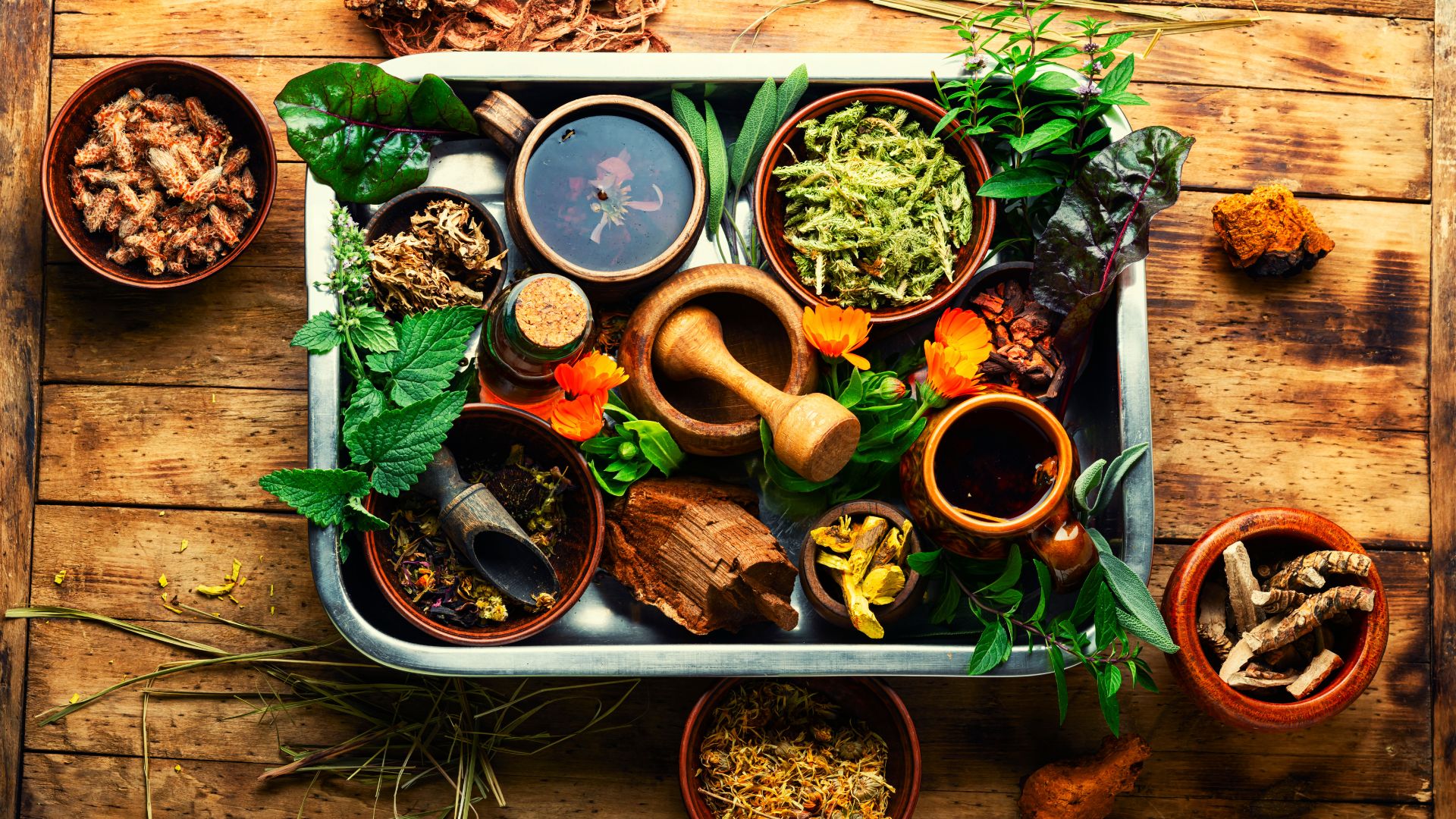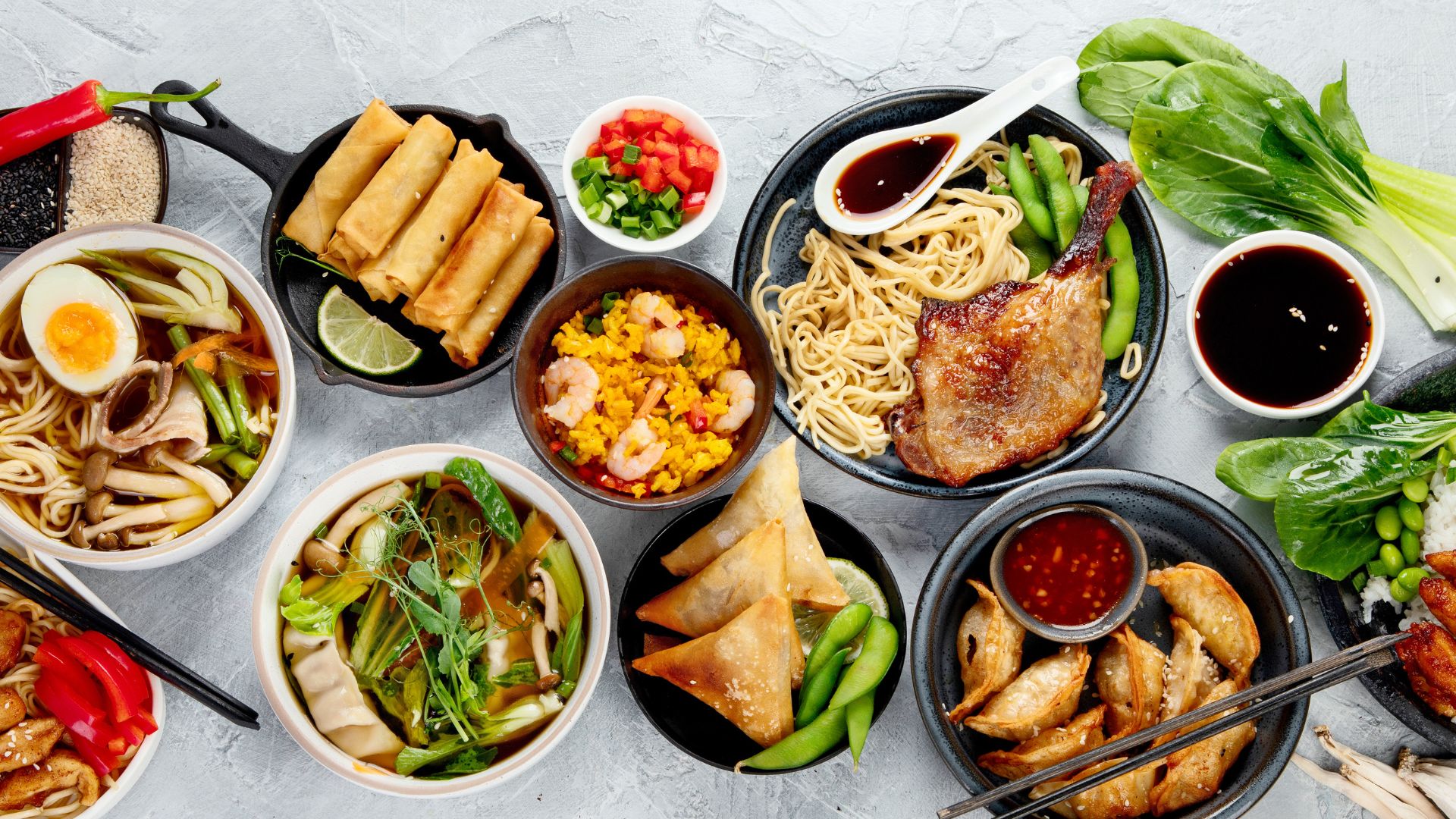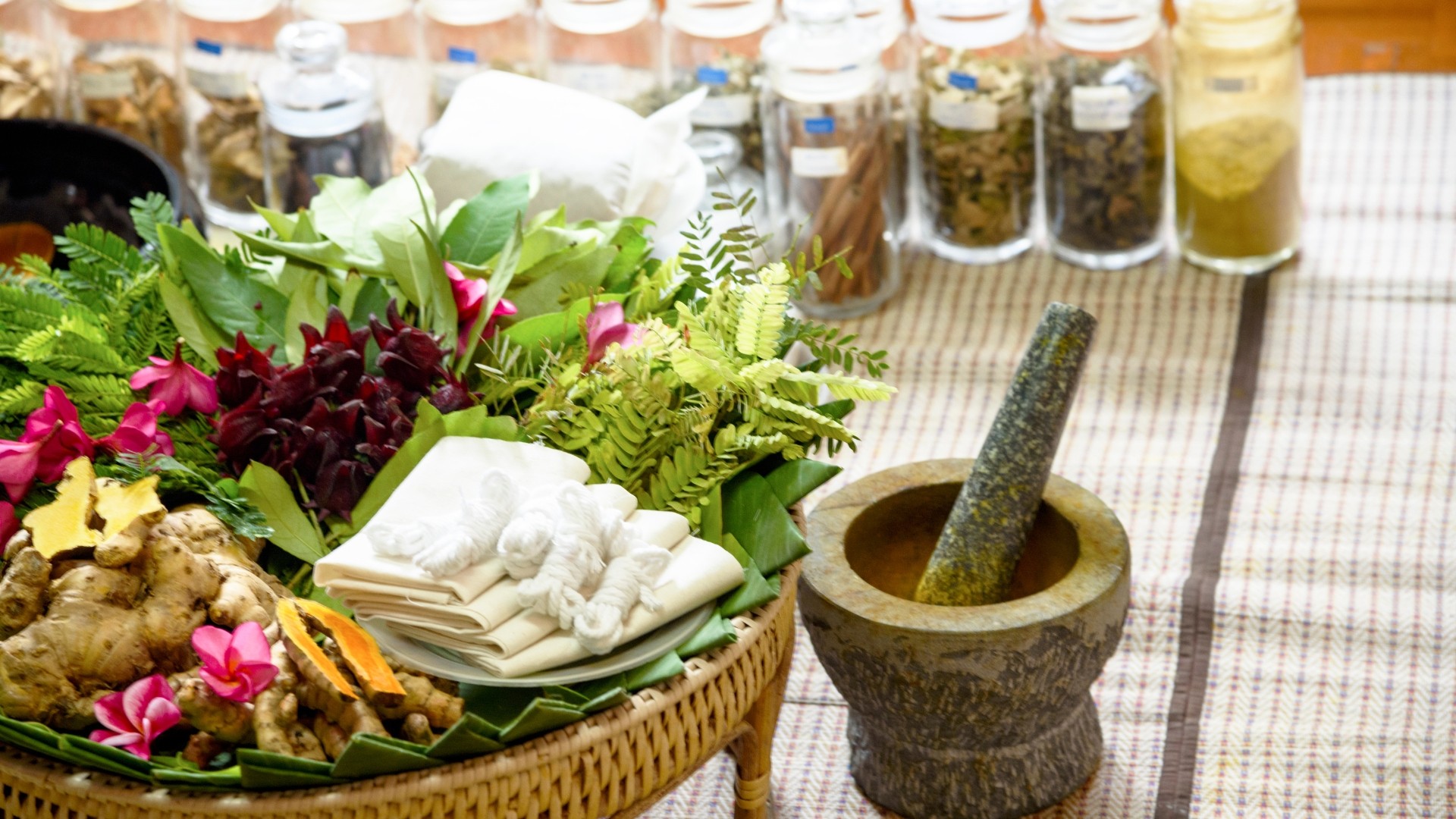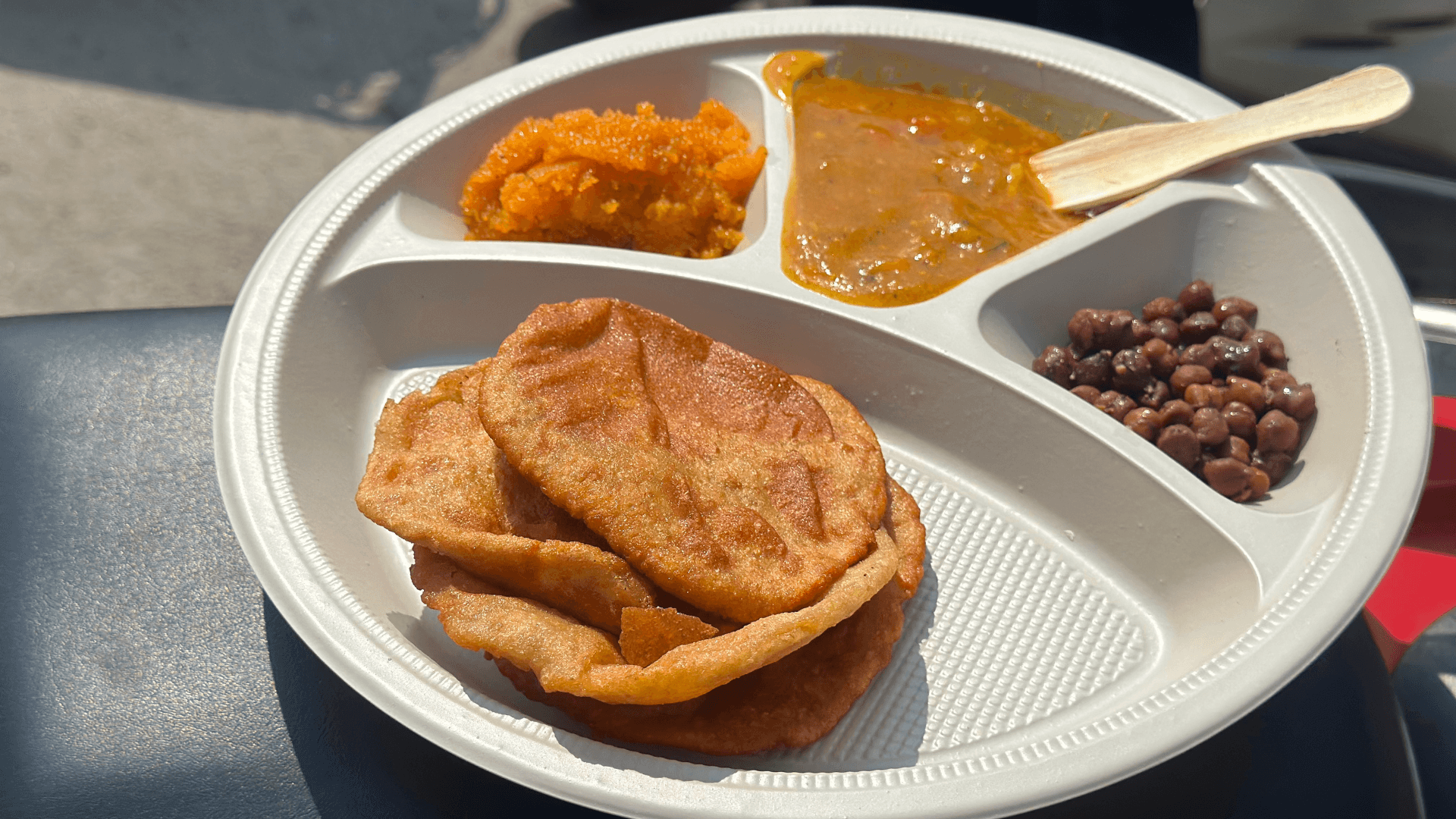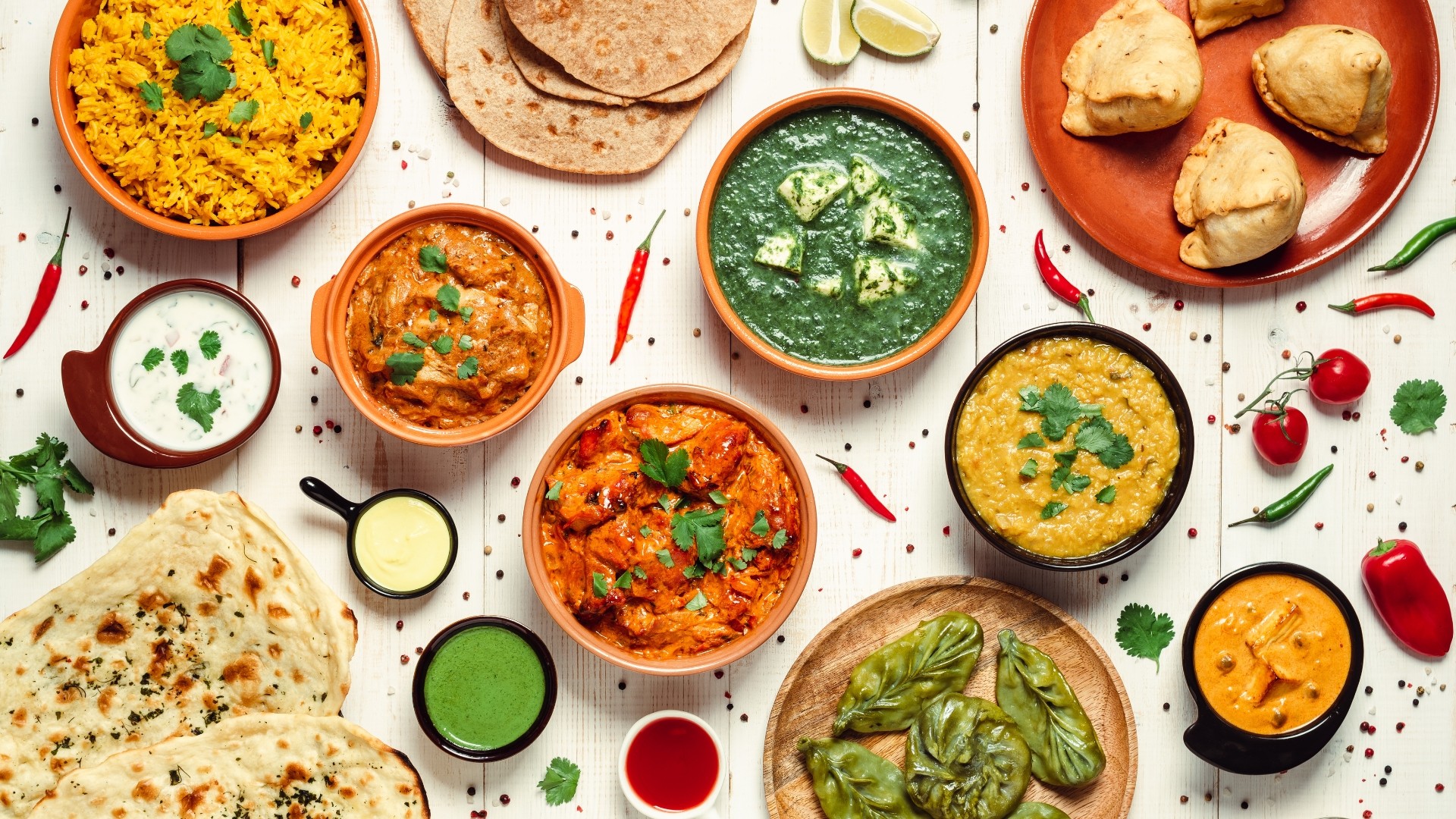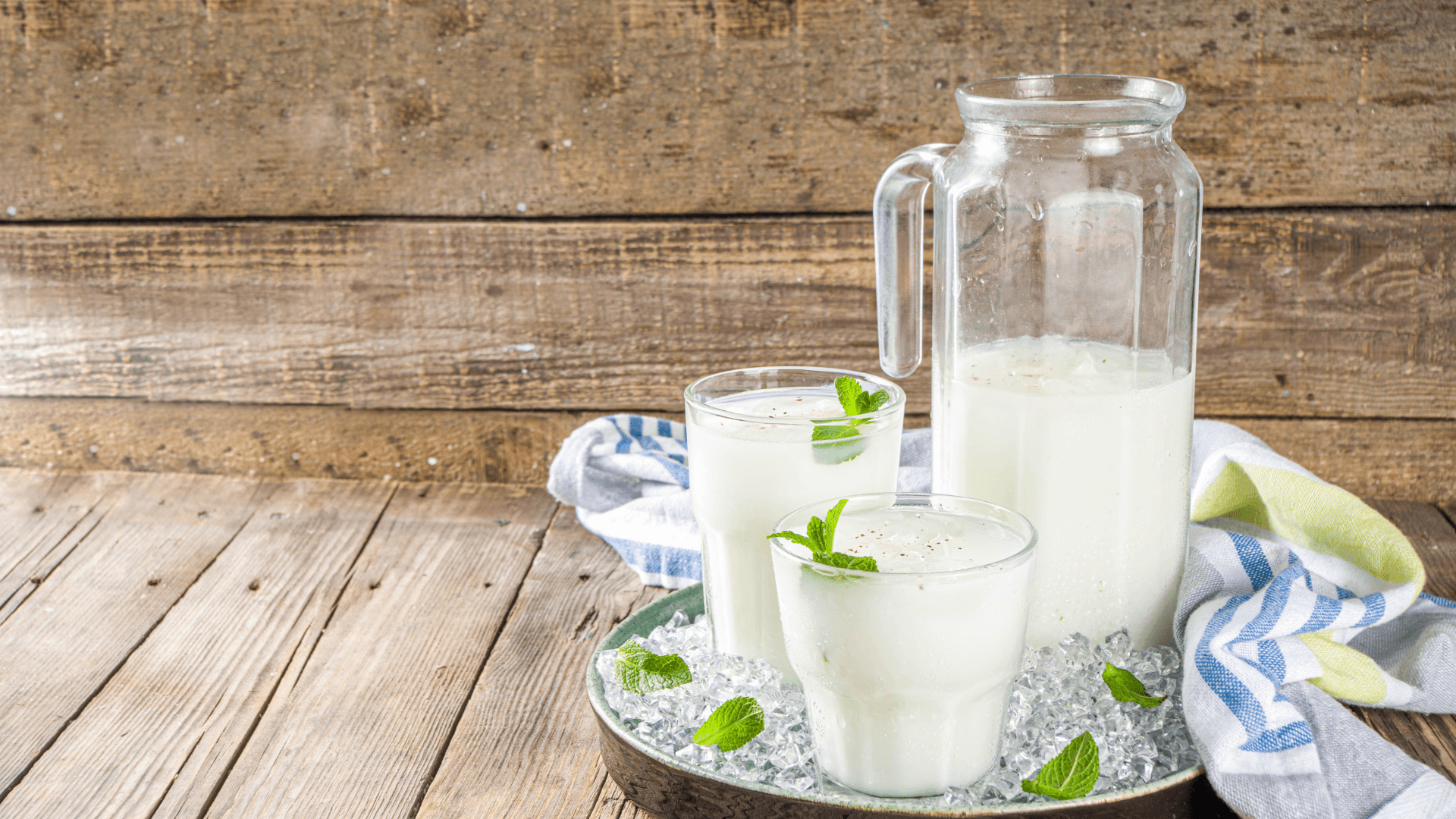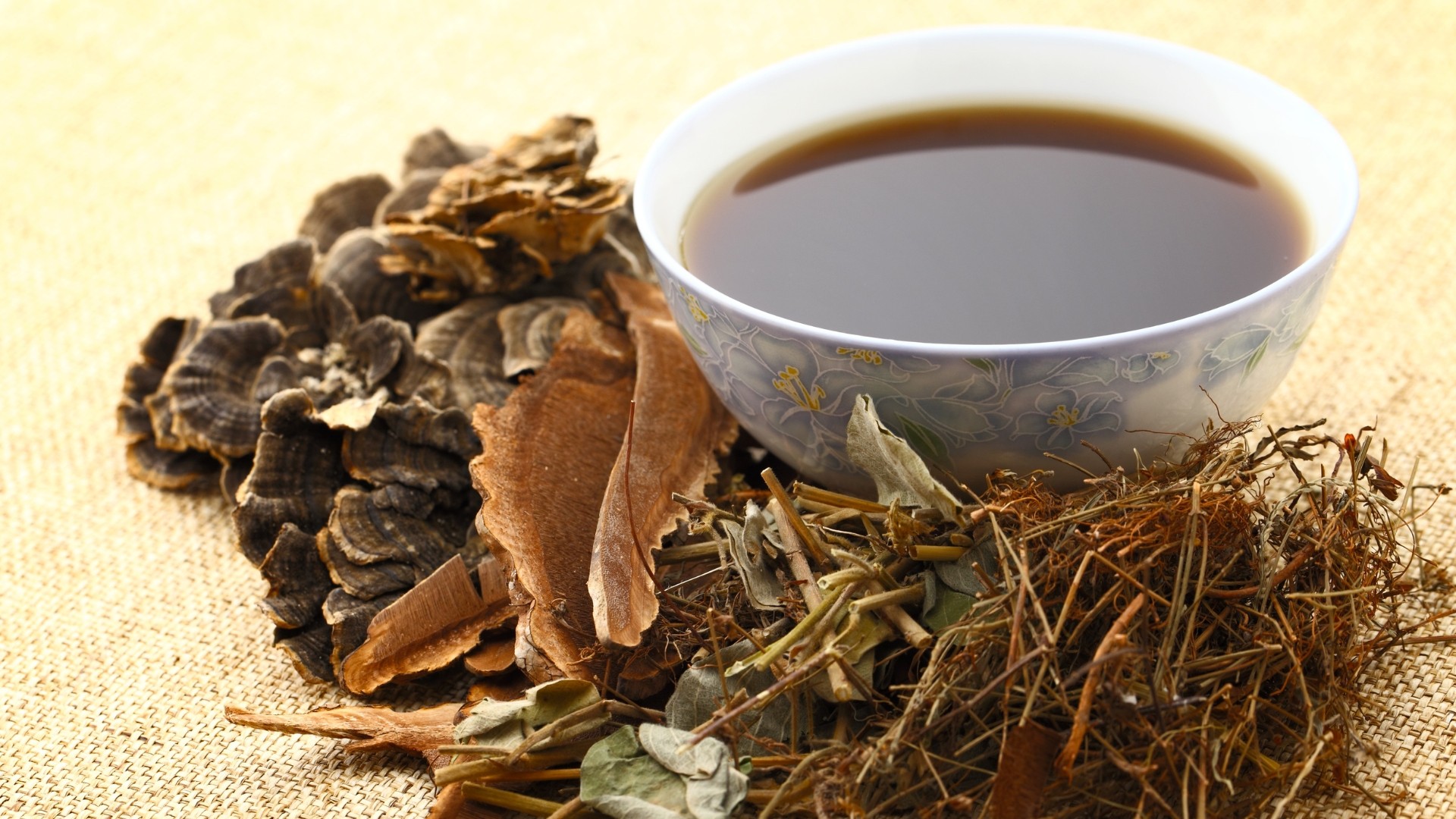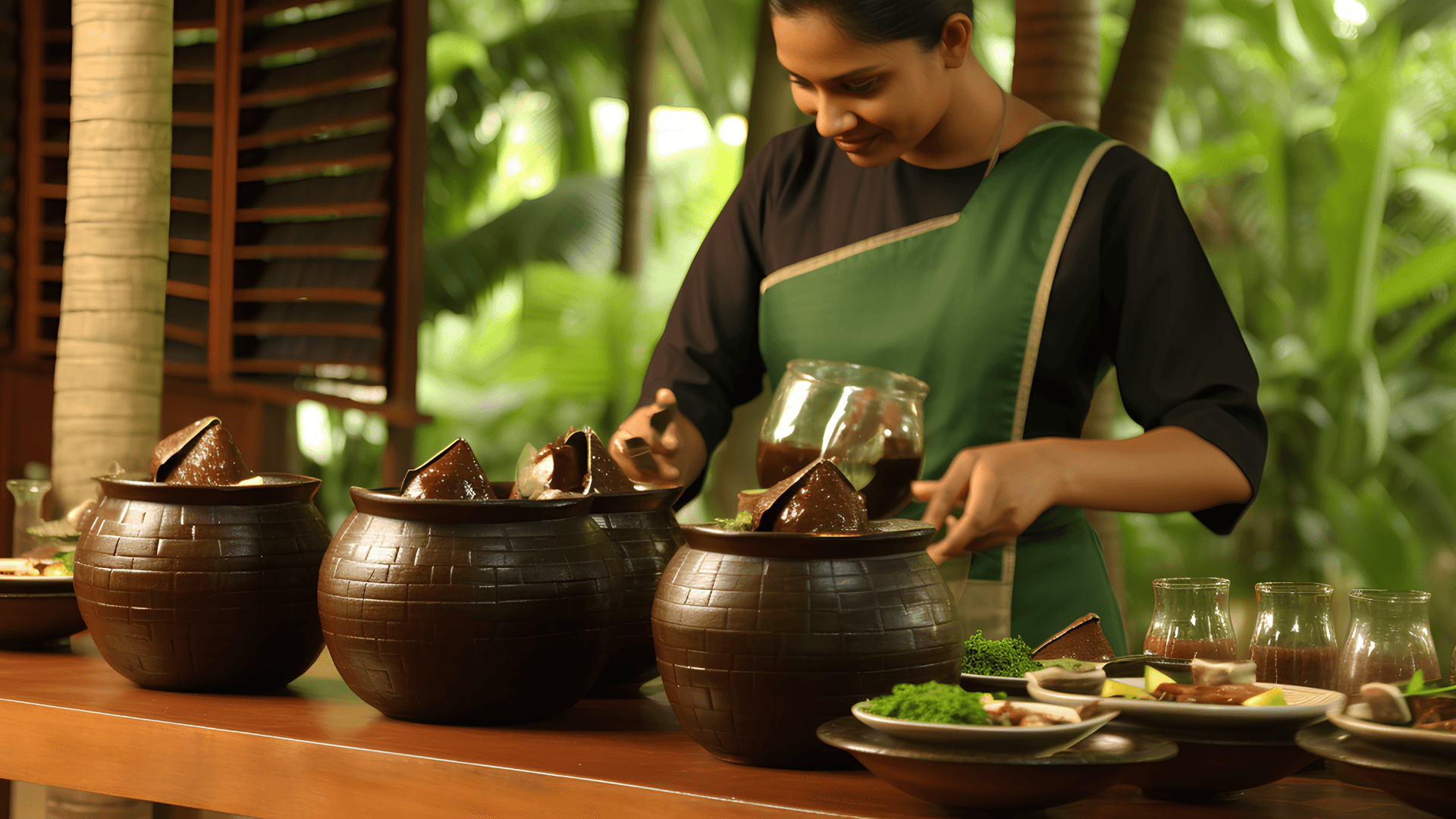Nutrition and Diet
Feb 14, 2024
Nestled within the folds of diverse South Asian cuisines lies a hidden world of potential health benefits – the impact of traditional foods and spices on gut health. While the aroma of garam masala and the vibrant colors of curries entice our senses, their influence extends far beyond culinary delight. Recent research is unlocking the secrets of how these elements interact with the trillions of bacteria residing in our gut, playing a crucial role in overall health and well-being.
The Microbiome: A Key to Health
The human gut microbiome comprises trillions of microorganisms, including bacteria, viruses, fungi, and other microbes, inhabiting the digestive tract. This complex ecosystem plays a crucial role in various physiological processes, such as nutrient absorption, immune system regulation, and even mood regulation.
The human gut microbiome, a complex ecosystem of microorganisms, acts as an invisible conductor, influencing digestion, immunity, and even mood. South Asian diets, characterized by an abundance of fermented foods, lentils, spices, and fresh herbs, offer a unique environment for beneficial gut microbes to thrive.
Let's delve deeper into the spice route of gut health and explore how specific dietary staples contribute to a flourishing microbiome:
Fermented Delights: From yogurt (dahi) to chutneys and pickles, fermented foods are a cornerstone of South Asian cuisine. These culinary gems undergo a natural fermentation process, introducing an army of "good bacteria" like Lactobacillus and Bifidobacterium. These friendly microbes aid digestion, strengthen the immune system, and may even help prevent certain health issues.
Lentil Powerhouses: Packed with fiber and prebiotics, lentils act as fuel for our gut microbes. Prebiotics act as food for these beneficial bacteria, promoting their growth and activity. This, in turn, leads to improved digestion, nutrient absorption, and a stronger immune system.
Spice Odyssey: The vibrant blend of spices commonly found in South Asian cuisine isn't just for flavor. Turmeric, with its active compound curcumin, boasts anti-inflammatory properties that benefit gut health. Ginger, known for its digestive aid capabilities, soothes the gut and reduces nausea. Cumin and coriander, loaded with antioxidants, fight free radicals and maintain gut health.
Holistic Harmony: Beyond individual ingredients, the traditional practice of combining various spices and herbs in curries and dals creates a synergy. This synergistic effect amplifies the health benefits, promoting a diverse and thriving microbiome.
Cultural Practices and Dietary Habits
Beyond the nutritional aspects, cultural practices and dietary habits deeply influence gut health among South Asians. Communal dining, prevalent in many South Asian households, fosters social connections and promotes mindful eating, which can positively impact digestion and nutrient absorption. Additionally, traditional fasting practices, such as intermittent fasting during religious festivals, may confer metabolic benefits and promote gut microbial diversity.
Future Directions: Integrating Tradition with Science
As scientific research continues to unravel the intricate relationship between diet, gut health, and overall well-being, there is a growing interest in integrating traditional knowledge with modern scientific advancements. Collaborative efforts between nutritionists, researchers, and culinary experts can facilitate the development of culturally tailored dietary interventions aimed at optimizing gut health in South Asian populations.
However, challenges exist too. The increasing Westernization of diets, with its emphasis on processed foods and refined carbohydrates, poses a threat to gut health in South Asian communities. This shift can disrupt the delicate balance of the gut microbiome, potentially leading to various health issues.


